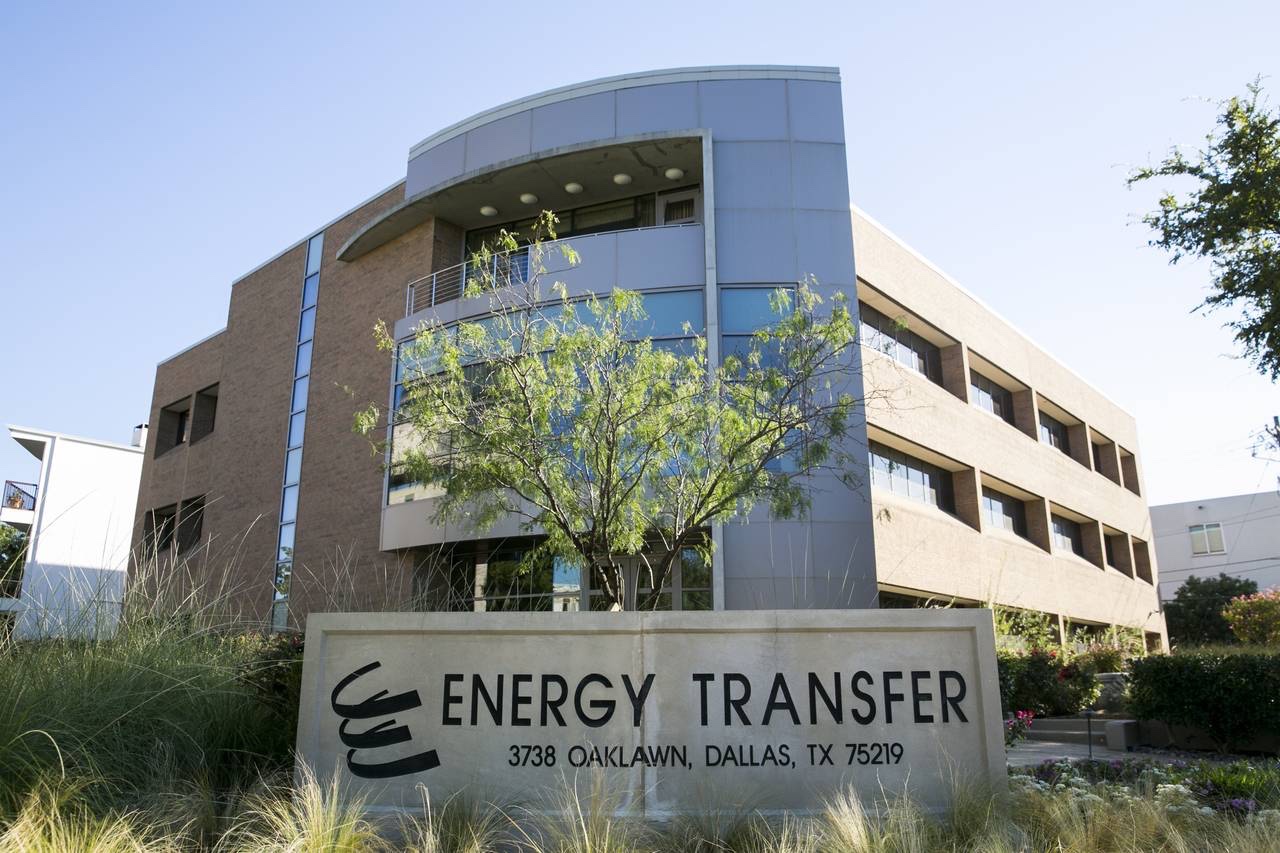BISMARCK, N.D. (AP) — The U.S. Army Corps of Engineers says it’s trying to defuse tensions between Dakota Access pipeline protesters and law enforcement in southern North Dakota, but the pipeline’s developer isn’t cooperating.
The agency released a statement late Wednesday imploring Texas-based Energy Transfer Partners to voluntarily stop work in the area where protests against the $3.8 billion pipeline have resulted in more than 400 arrests. The Corps made a similar plea last week, but was also rebuffed.
“Their absence will help reduce these tensions,” wrote Col. John Henderson, commander of the Corps district covering the region.
ETP spokeswoman Vicki Granado told The Associated Press in an email Thursday that the company was still mobilizing equipment in preparation for tunneling under Lake Oahe. The reservoir is at the center of the Standing Rock Sioux’s fight against the pipeline, which the tribe and its supporters fear could harm cultural sites and drinking water sources at the tribe’s nearby reservation.
“We have always said (safety) is our top priority: The safety of our workers and our assets, the safety of those who live and work in the area and the safety of the environment,” Granado said.
Granado said construction won’t start until the company gets permission to work on Corps-owned land near the reservoir in a permitting process that has been stalled for months.
The nearly 1,200-mile pipeline is slated to carry oil from North Dakota through South Dakota and Iowa to a shipping point in Illinois. The Standing Rock Sioux is fighting the project through a federal lawsuit, and the tribe’s chairman, Dave Archambault, called on President Barack Obama on Wednesday to stop the project before he leaves office. Obama has said his administration is monitoring the situation.
“As long as that pipe isn’t under the lake, I have hope,” Archambault told the AP.
Corp officials didn’t respond to email and phone messages sent by the AP outside of supplying Henderson’s statement. The Corps has given no timetable for a decision on allowing ETP to work on the land near Lake Oahe.
In the meantime, ETP has continued construction on private land nearby. The company has said all of the equipment needed to tunnel under the reservoir will be in place in two weeks, and it’s confident the matter of Corps permission will be resolved without causing significant delays.
Experts said the Corps has few options outside of asking ETP to voluntary stop work on private property.
“If they’re lawfully on private land, they can essentially do whatever they want there,” said Brian Jorde, an attorney with Nebraska-based Domina Law Group who has represented hundreds of landowners against pipeline companies.
“It’s kind of a sneaky way to do the preparation, to do it on land essentially that the Corps doesn’t have jurisdiction on. (But) when it comes to private land, I don’t see what recourse the Corps would have,” he said Thursday.
Mark Barteau, director of the University of Michigan Energy Institute, concurred, but added that “obviously the company is working at its own risk that the (federal permit) case could be reopened. Any realistic threat to do so might change their risk calculus.”
Corp officials last week met with leaders from several tribes in the Missouri River Basin in an attempt to ease tension between protesters and law officers, according to Henderson, the Corps district commander.
The company didn’t mince words in response to the Corps’ initial request to halt work, releasing a statement Tuesday saying: “To be clear, Dakota Access Pipeline has not voluntarily agreed to halt construction of the pipeline in North Dakota.”
Henderson said stopping work would help “defuse tensions surrounding their operations near Corps-managed federal land until we have a clear path forward.”






Comments